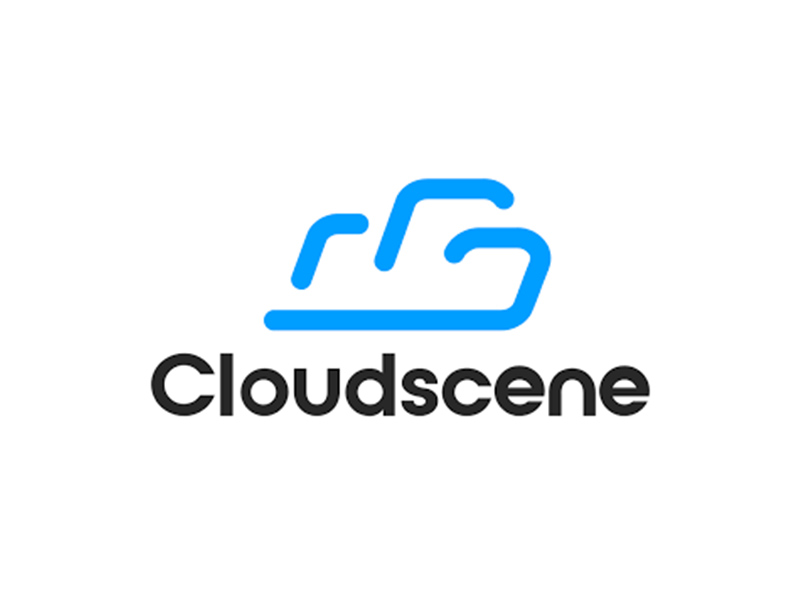What Does Sustainable Growth Look Like?
Sustainable growth in business is the ability to continue expanding and thriving as a company while also being mindful of the impact on the environment and society. It’s about achieving long-term success by creating value in a responsible and sustainable manner.
One key aspect of sustainable growth in business is being environmentally friendly. This can include implementing practices such as reducing waste and pollution, investing in renewable energy, and using sustainable materials. For example, a company might switch to using biodegradable packaging, invest in solar panels, or use recycled materials in its products. These actions not only help protect the environment, but they can also save money and improve the company’s reputation.
Another important aspect of sustainable growth is being socially responsible. This can include fair labour practices, promoting diversity and inclusion, and giving back to the community. A company that values its employees, treats them fairly, and provides them with good working conditions is likely to have a highly motivated and productive workforce. Similarly, a company that actively works to promote diversity and inclusion within its workforce and in its operations, is more likely to have a better understanding of the needs of different communities and hence more likely to succeed in the long run.
Sustainable growth in business also involves being financially responsible. This means taking steps to ensure the long-term financial stability of the company, such as investing in research and development and building a strong, diversified customer base. This approach can help companies weather economic downturns and continue to grow in the long term.

Environmental, Social and Governance
In the corporate world, ESG frameworks can play a key role in helping organisations achieve sustainable growth. However, many experts think there is work to be done to encourage businesses to consider their impact. A hot topic at this year’s World Economic Forum in Davos, there is a growing sentiment that businesses need to place greater importance on sustainable and responsible goals beyond maximising short-term financial returns.
Although social and environmental issues are more commonly mentioned, governance accounts for one-third of the total. The term “governance” describes how an organisation is managed, how decisions are made and followed, how the board of directors functions, and how stakeholders are involved in the decision-making process. Additionally, this has an effect on the company’s reputation, safety, dedication to diversity, equality, and inclusion (DEI), sustainable business practices, hiring, employee retention, and more.
Statistics reveal that 88% of investors and stakeholders use third-party ESG ratings to measure the impact of a business to support investment decisions.
In contrast to 20 years ago, the same set of standards is no longer used to determine an organisation’s worth. Today, value may be discovered in a variety of ways, including: financially, through assets and consumers, but also through sustainability commitments and investments, a contented and devoted staff, a varied and inclusive environment, and their susceptibility to public criticism and climate change.
A major force behind this is customer demand for ethical companies. According to PwC, ESG commitments are influencing staff engagement as well as customer purchasing. In their 2021 Consumer Intelligence Series poll on ESG, respondents reported that they are 80% more likely to make a purchase from a business that supports environmental and corporate governance concerns and 76% more likely to make a purchase from a business that supports social issues.
In addition, 84% stated they would be more willing to work for an organisation that defends the environment, 83% said the same about organisations that are socially responsible, and 86% said the same about organisations that practise responsible governance. Organisations are not only planning to recruit customers and employees; they are also preparing to keep them. A further 76% of consumers indicated they would stop doing business with companies that do not treat their workers, communities, or the environment well.
The success of a company’s development and strategy depends on its investment in ESG, which obviously needs to go deeper than mere compliance. The direct link between this and observable improvements in profit and investment, customer loyalty, and employee retention may be used to support the business case for this.

Businesses need support
Businesses will need the support of governments and policies to enact and achieve successful sustainable growth. The most recent annual sustainable growth survey from the European Commission outlines how competitive sustainability can be upheld in both the short- and long-term and how SMEs should be supported in the face of turbulent times and structural changes.
They mention that member states’ ability to cushion the impact of rising energy costs while celebrating the rollout of renewable energy will be integral to preserving the level playing field, integrity and proper functioning of the single market. Moreover, they highlight that “training, skills and effective labour market policies remain key to supporting workers and promoting job transitions in light of green and digital transformations.”
How Chesamel enables sustainable growth
Sustainable growth in business is about creating value in a responsible and sustainable way. It requires a balance of economic, social, and environmental considerations and a long-term perspective. Companies that prioritise sustainable growth are likely to be more successful in the long run, as they are able to adapt to changing conditions and meet the needs of the present without compromising the ability of future generations to meet their own needs.
Chesamel’s agile solutions will help you identify the right transformation strategy to mitigate challenges and grow meaningfully.
Recently, we’ve partnered with CGI to provide access to a comprehensive suite of diploma, training and services to navigate the complex and ever-changing landscape.
With experience in driving change from conception to implementation, we ensure the sustainable evolution of your business by identifying unique opportunities, forming the right strategy and employing our tailored workforce solutions.
With governments introducing new sustainability regulations while requiring businesses to improve transparency, we believe sustainable growth in line with ESG standards is an integral component of successful business strategy.
With over 15 years of success under our belts, we are experts at seamlessly intertwining ESG objectives into tailored sustainable growth strategies to achieve long-term value.












